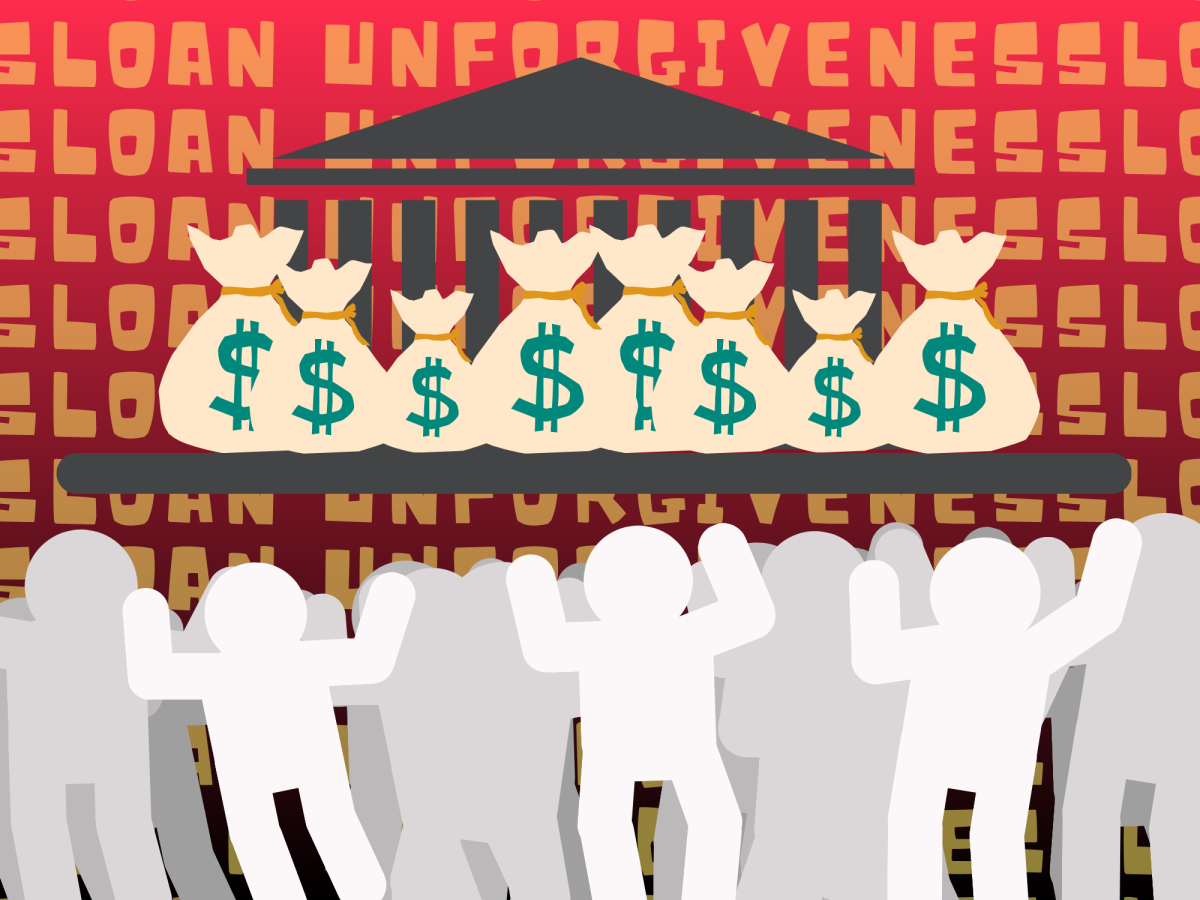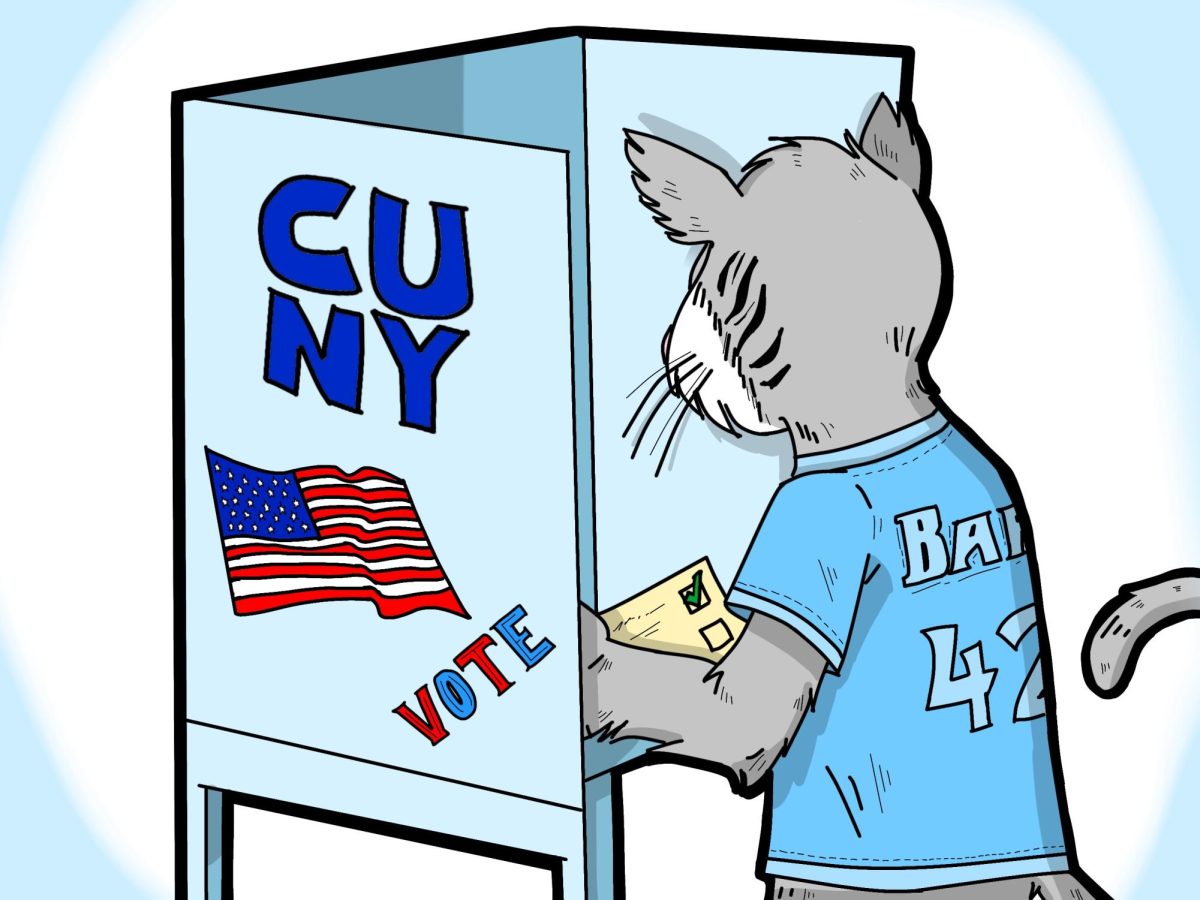Biden administration’s latest initiative to alleviate the pressure of student loan debt on borrowers was announced on July 14, remedying years of mistakes made by loan servicers.
The announcement was an entirely different approach from his original plan to forgive up to $20,000 from eligible borrowers, but was meant as redress for the more than 800,000 people who made payments that were inaccurately recorded.
A total of $39 billion in federal student loans will be automatically discharged in the coming weeks to eligible borrowers who used income-driven repayment plans to pay off debt. The U.S. Department of Education offers four such plans, each setting monthly repayment amounts based on income and household size.
“For far too long, borrowers fell through the cracks of a broken system that failed to keep accurate track of their progress towards forgiveness,” U.S. Secretary of Education Miguel Cardona said in a statement.
The announcement addressed historical inaccuracies in the count of payments that qualify toward forgiveness under IDR plans on the part of loan servicers, but it’s impact will be less widespread than Biden originally intended in August 2022.
That one-time debt forgiveness totaling over $400 billion would’ve applied up to $10,000 to anyone’s outstanding balance whose income fell below $125,000 a year — $20,000 if you also qualified to receive the federal Pell grant — and would’ve assisted the more than 26 million people who applied or were automatically eligible, according to The White House.
But that plan faced resistance by government officials who claimed Biden exceeded his authority, and concluded that the U.S. government could not afford to pay it.
Former Senator Richard Burr said in a statement on August 24, 2022, “He’s asking taxpayers to subsidize debt held by some of America’s highest earners in order to court votes. Every American who paid back their student loans, who put themselves through school by saving and working extra jobs, or who chose not to go to college at all should be outraged right now.”
Some models have suggested the plan’s costs may have ultimately outweighed economic benefits. It could result in higher inflation and interest rates, and economic stimulation could be lessened depending on how many advanced degree holders opt in to save their money rather than spend it.
Education costs could also rise, similarly to how they did in the years after the federal student loan program was launched.
On June 30, the U.S. Supreme Court ruled the administration had overstepped its authority in a six to three decision, blocking the plan from moving forward.
Michael Bong, who graduated from Baruch College in 2018, told The Ticker about his experiences with student loans.
“It’s been a wild journey,” he said.
Bong double majored in corporate communications and journalism and now works as a brand strategist for a branding and design agency.
He was confident he could pay off the rest, maybe even as soon as this year.
“Luckily, I never needed to take out a lot,” he said. “I’m not sure at all if outstanding debt will be forgiven with all this back and forth in the government.”
Over the past four decades, the cost of attending college has nearly tripled, even after inflation.
The federal Pell grant once covered almost 80% of the cost of an average four-year public college degree for students. It now only covers a third.
A report from the Education Data Initiative found canceling student loan debt could also potentially add $109 billion on average to the annual GDP for the next six years, create 1.5 million new jobs and lift up to five million households out of poverty.
The Biden administration is pursuing an alternative route to providing relief through the Higher Education Act, but the details are unclear and when it would be enacted is unknown.













